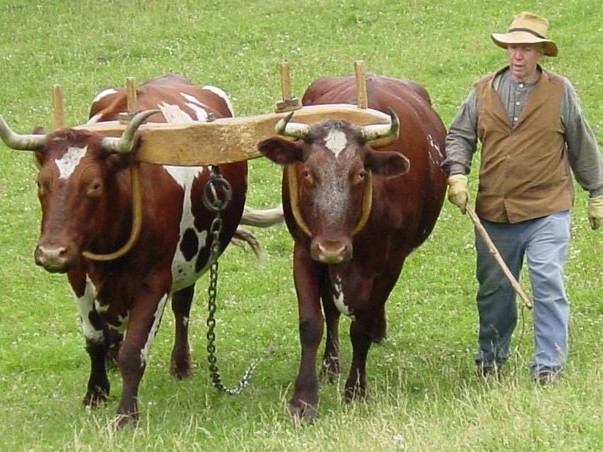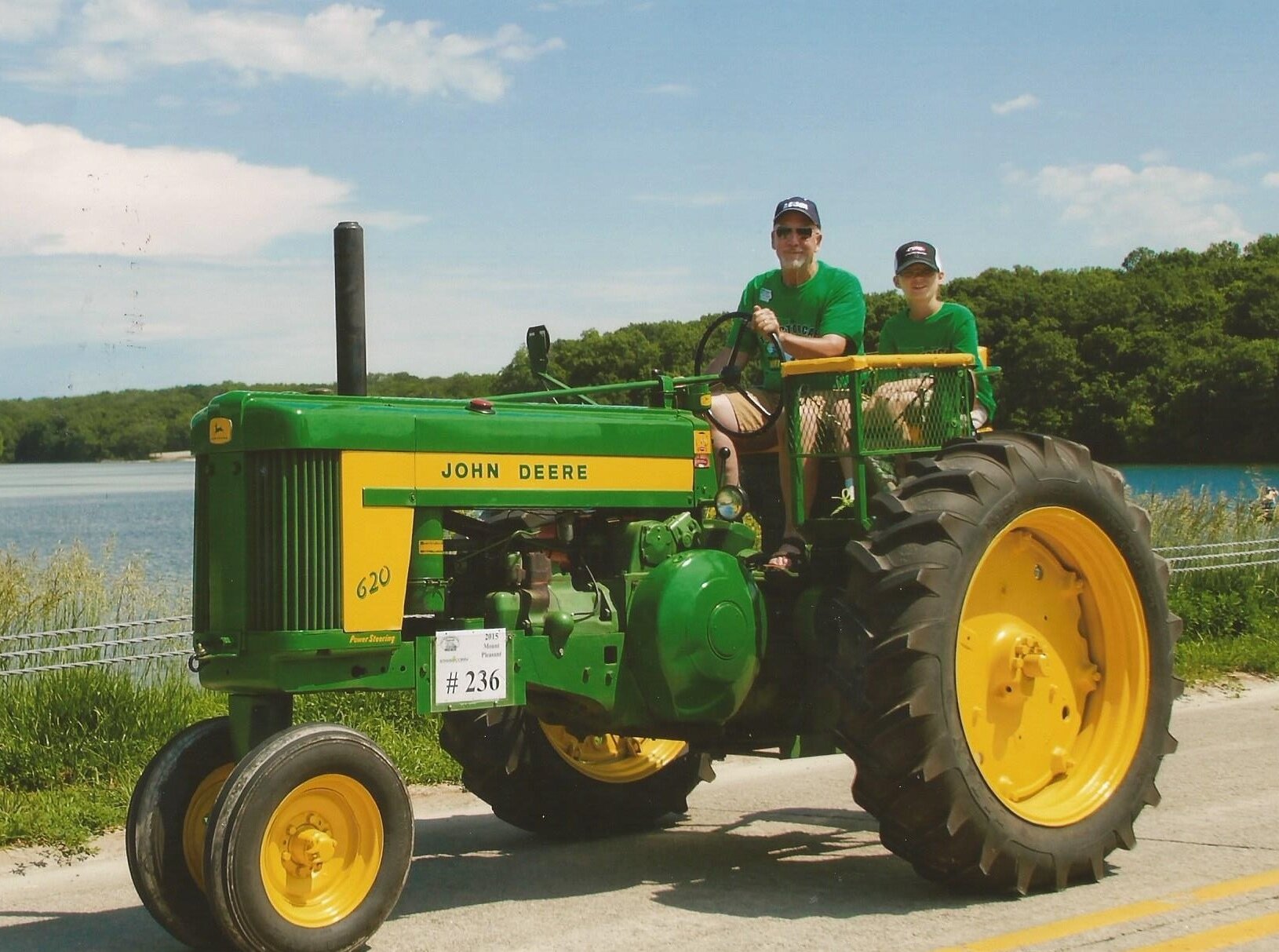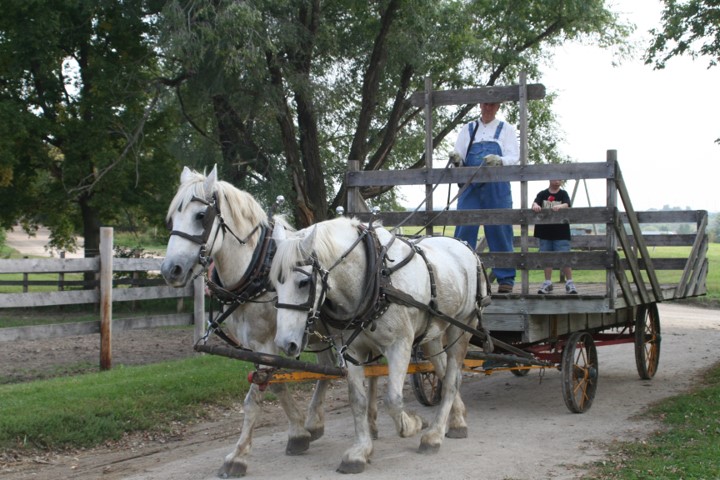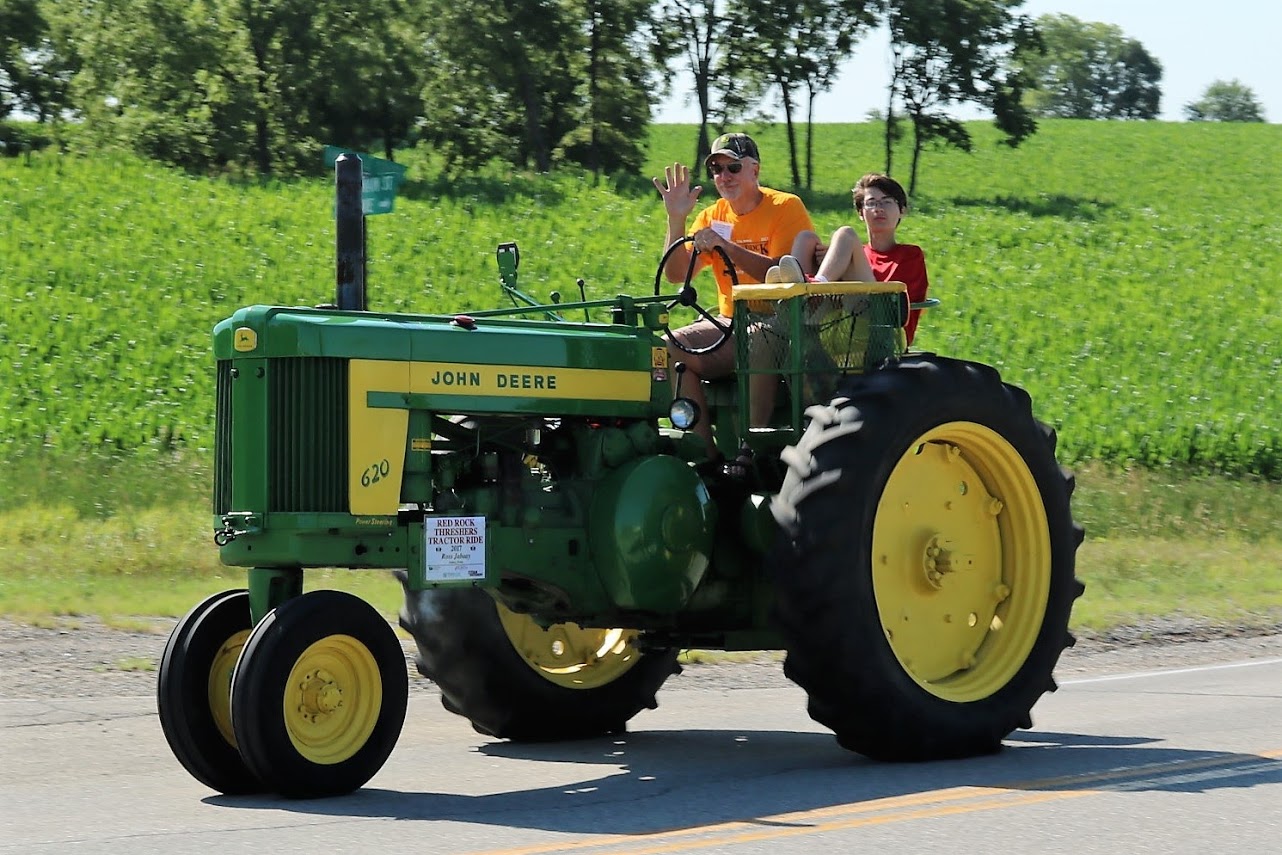Meat science alumnus reflects on 50 years with industry leaders
"Purdue professors do a very good job of helping students learn how to address complex issues,” explained Ross Jabaay, who entered the world of meat science over 50 years ago. Whether in the military, laboratory or board room, Jabaay says he was able to use the tools he acquired at Purdue to find the answer to any questions he faced.
Jabaay graduated with an animal sciences degree in 1968, during the Vietnam War. Expecting to be drafted, he joined the Air Force Veterinary Corps. “We did some animal care, but our primary mission was food inspection and sanitation of base retail and food service facilities. All the food received at each military base was inspected before it could be unloaded,” recalled Jabaay. “This was a great introduction to the food processing industry for me.”
Four years later, Jabaay was discharged and returned to Purdue for graduate school. “There, my major professor Max Judge ignited my passion for the meat industry.”
Jabaay’s career included working with many industry leaders, including Hormel, Farmland, Fresh Mark and Tyson.
“Purdue has a great reputation, and I am sure that helped open doors for me during my career,” noted Jabaay.
“I worked collaboratively with ingredient suppliers, equipment suppliers and design engineers on new and modified processing lines to improve the quality of products.”
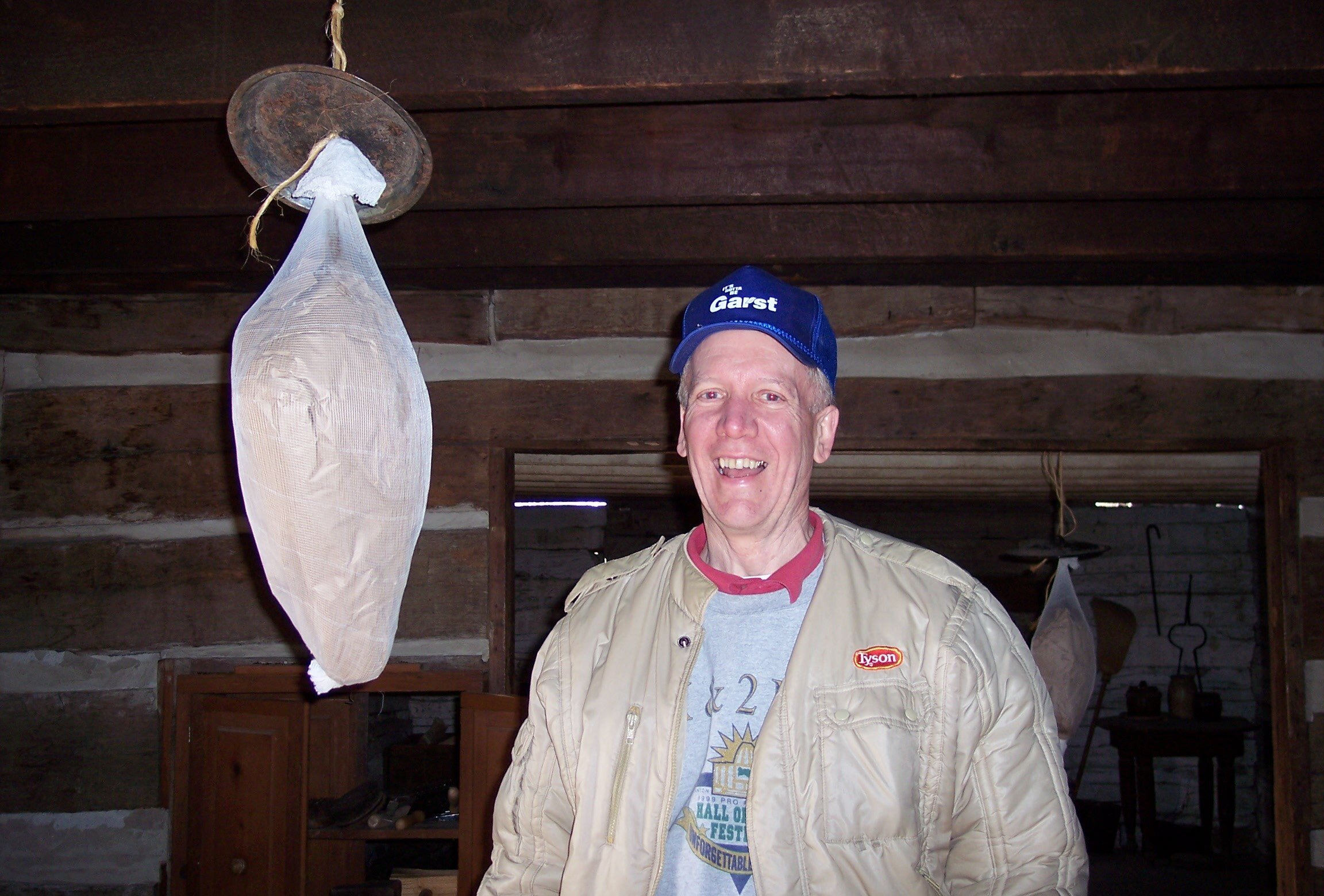
He also served on the North American Meat Institute Scientific Advisory Committee for nearly 40 years.
“During this time, the meat industry faced several significant issues, including questions about the safety of sodium nitrite in the 1970s and Listeria monocytogenes as major food pathogens in the 1990s.”
Jabaay credits Purdue for preparing him to handle these threats.
“When I studied food microbiology at Purdue, we never talked about Listeria monocytogenes, but I had the tools I needed so I could learn about the organism and contribute to the efforts to assure the safety of our products.”
Jabaay, who is enjoying retirement spending time restoring a 1958 John Deere 620, says the greatest benefit from his Purdue education was undoubtedly meeting his wife, Judy. They celebrated 50 years of marriage in June.

